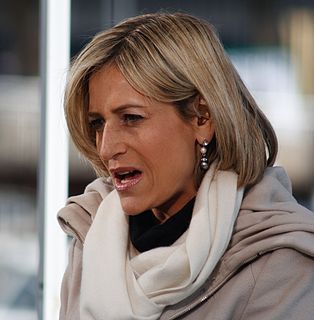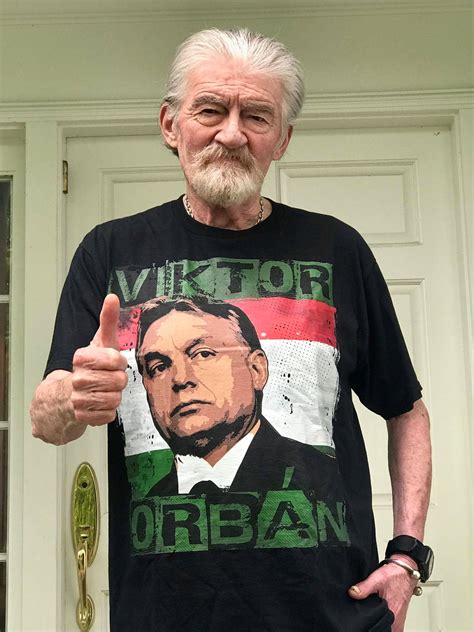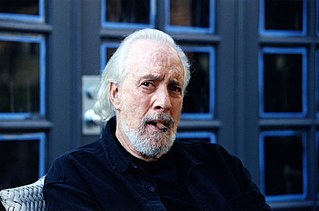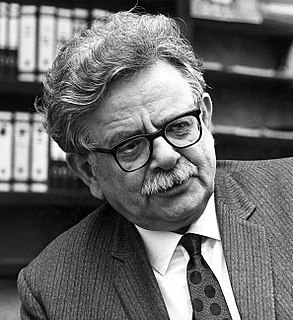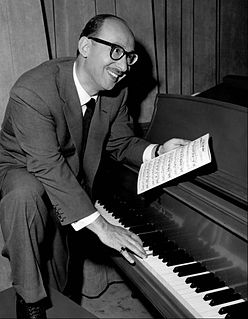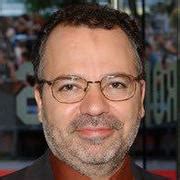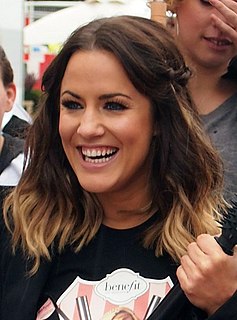A Quote by Emily Maitlis
What appears on the screen is what people see. Everything else is just interpretation.
Quote Topics
Related Quotes
The Real is ever-present, like the screen on which the cinematographic pictures move. While the picture appears on it, the screen remains invisible. Stop the picture, and the screen will become clear. All thoughts and events are merely pictures moving on the screen of Pure Consciousness, which alone is real.
The one thing you know when you're shooting a script - and I've been on a lot of sets - is space is in a script, and the distance between the page and the stage is so enormous that it is unbelievable how even the brightest people can misread your intent or not see it altogether. Scripts have air in them. Scripts are supposed to leave things up to interpretation, but people can misread things enormously, so sometimes it's just a matter of wanting to put on the screen what you had in mind.
When somebody is flying airplanes into buildings and killing innocent people in the name of God, it makes you question why do they have that interpretation and somebody else has another interpretation, and how many people of Muslim faith would agree with that, and what are the different aspects of different people's religions that is so divisive, rather than being unifying?
I'll remember this to my grave. We all walked into a room to see the screen tests. The first screen test was Marion Hutton's. Then came Janis Paige [who ended up with a part in the film]. Then on the screen came Doris Day. I can only tell you, the screen just exploded. There was absolutely no question. A great star was born and the rest is history.
What if everything you see is more than what you see--the person next to you is a warrior and the space that appears empty is a secret door to another world? What if something appears that shouldn't? You either dismiss it, or you accept that there is much more to the world than you think. Perhaps it is really a doorway, and if you choose to go inside, you'll find many unexpected things.
You have to get rid of borders, limits, and classifications; then light comes. We see everything on the screen of our ideas. We must get rid of that screen to be able to see what is behind. X's ideas are limited, that is why he remains on the surface. Y got rid of the limits, so she always goes to the depths. We should always meet people and new subjects with no set frame of mind. We have to live like that even after long acquaintance. We must get rid of every set idea to approach everything and everyone with love.
